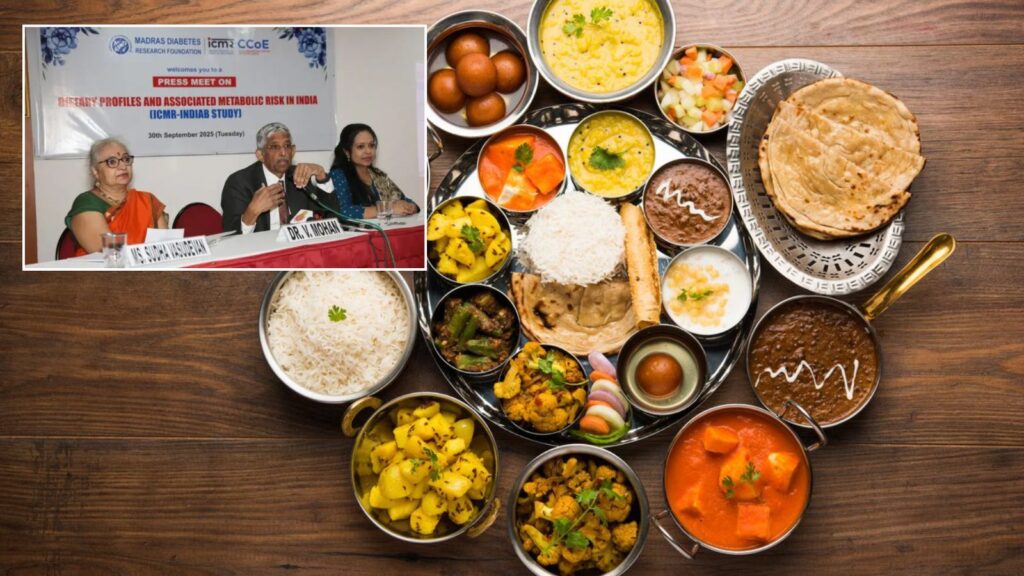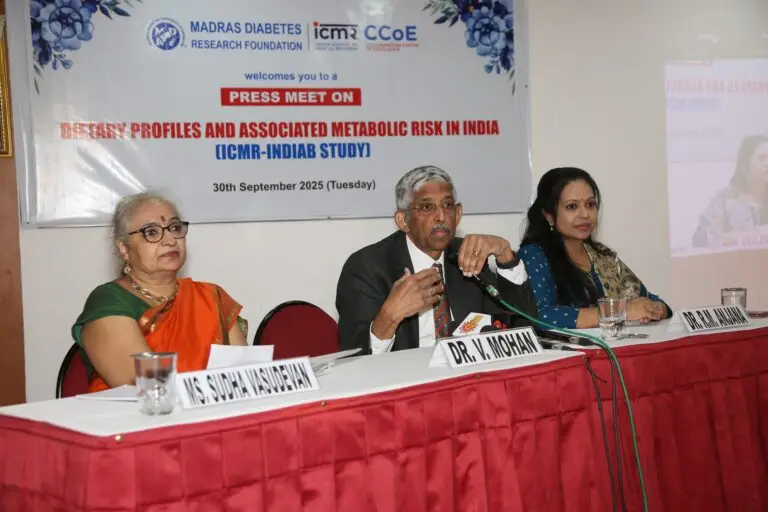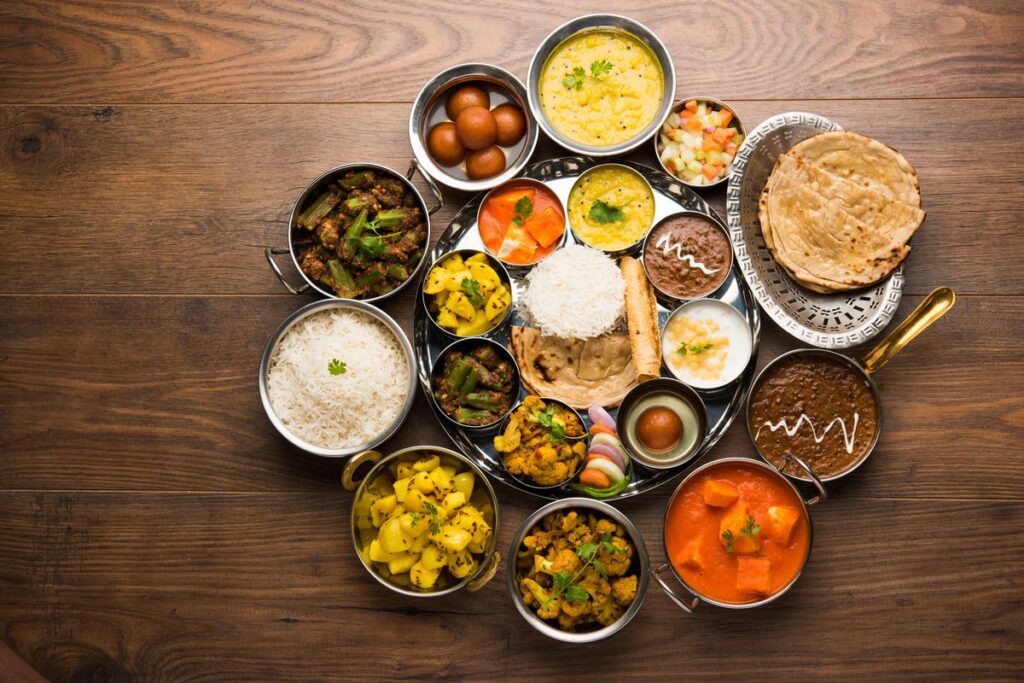High-Carb Indian Diet Fueling Surge in Diabetes and Obesity, Reveals Landmark ICMR Study

High-Carb Indian Diet Fueling Surge in Diabetes and Obesity, Reveals Landmark ICMR Study
New Delhi: A landmark study by the Indian Council of Medical Research (ICMR) has revealed alarming links between India’s high-carbohydrate diets and the rising rates of diabetes and obesity across the country.
Survey Covers 1.21 Lakh Adults Across India
The ICMR-INDIAB project surveyed over 1.21 lakh adults from urban and rural areas across 36 states, union territories, and Delhi. The study provides one of the most comprehensive insights into how daily eating habits are affecting the nation’s metabolic health.
Carbohydrate Intake Among the Highest in the World
According to the study, 62% of daily calorie intake in Indian diets comes from carbohydrates, primarily from low-nutrient sources such as white rice, refined grains, and added sugars. While rice remains the staple in South, East, and Northeast India, wheat dominates in the North and Central regions. Millets, despite being nutrient-rich, are regularly consumed as staples in only Karnataka, Gujarat, and Maharashtra.

Sugar and Fat Consumption Alarming
The research also highlighted that 21 states and union territories exceed the World Health Organization’s recommended limit of 5% of daily energy from added sugars. While total fat intake is largely within limits, saturated fat consumption is above recommendations in most regions. Meanwhile, healthier fats such as monounsaturated fats and omega-3s remain consistently low.
Protein Intake Remains Insufficient
Protein contributes only about 12% of daily calories in Indian diets, mostly from plant sources like cereals and legumes. Dairy and animal proteins account for just 2% and 1% of energy intake, respectively. Northeastern states showed slightly better protein consumption, but a nationwide protein gap persists.
Experts Call for Dietary Reforms
Dr. R.M. Anjana, lead author and President of the Madras Diabetes Research Foundation, said, “The typical Indian plate—high in carbs and low in quality protein—is putting millions at risk. Simply replacing rice with wheat or millets is insufficient unless carbohydrate intake is reduced and healthier proteins are added.”

Dr. V. Mohan, senior author, stressed the need for policy reforms in food subsidies and nutrition awareness to promote diets lower in carbs and saturated fats but richer in proteins. Dr. Shilpa Bhupathiraju added, “Increasing legumes, pulses, and healthier oils could significantly improve metabolic health.”
Small Changes Can Make Big Impact
The study found that replacing just 5% of daily calories from carbohydrates with plant or dairy protein could substantially reduce the risk of diabetes and prediabetes. However, substituting carbs with red meat or fats did not show the same benefits.
Conclusion
The findings underscore the urgent need for dietary reforms in India to curb the growing burden of diabetes and obesity and improve overall public health.












